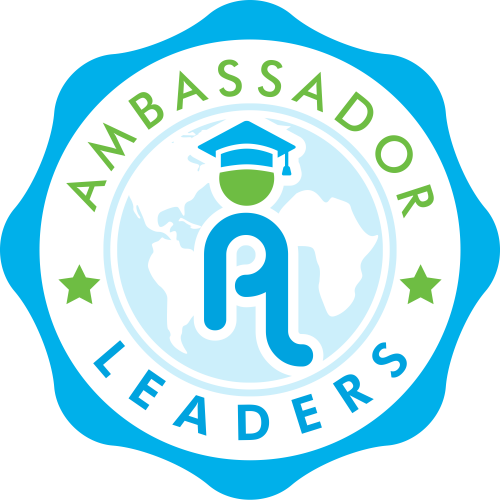Stop the bleed. Save a life.
Summer and Summits are just around the corner. Are you as excited as we are? If you missed our first blog highlighting the exciting activities students participate in during the Summit at Johns Hopkins, you can read it here. Today, we’re exploring the many hands-on learning opportunities students experience at JHU, including the innovative Stop the Bleed workshop.
Professionals in the medical communities are a diverse group, but one of their shared traits is that they’re lifelong learners. Whether med students or seasoned physicians, those in the medical field have to stay abreast of the latest technological advancements, and one of the best ways to do so is through hands-on learning.
That belief in experiential learning is why students attending the Medicine and Health Care Summit at Johns Hopkins University participate in practical trainings and workshops led by people working in the field. Let’s check them out!
CPR TRAINING
One of the first and most important steps high-school students can undertake to develop basic medical skills is to become CPR and first aid certified. CPR stands for cardiopulmonary resuscitation and is administered on an individual when their breathing or heartbeat has stopped. This knowledge can prove life-saving in an emergency situation. Students will learn about and become certified in CPR and first aid during the Summit. Besides learning how to safely complete manual chest compressions, students will learn the physiological issues that cause a patient’s heart to stop beating.
SUTURING
Although usually reserved for advanced practitioners like physician’s assistants, nurses, and physicians, students will begin to learn the skill of suturing during their Summit. Suturing — the act of stitching closed a laceration — is a true art. The quality of a suture directly impacts the amount of scarring an injury may leave. Practitioners spend hours in simulation labs perfecting this skill. Students will mimic this practice by working to suture synthetic lacerations under the guidance of an experienced medical professional.
VITAL SIGNS
Anyone who’s visited a doctor’s office recently will be familiar with the basics of a vital signs check. This check includes the measurements of blood pressure, pulse, respiratory rate, temperature, and oxygen saturation. Taken together, they provide critical insight into the condition of a patient. Not only will students at the Summit learn to complete this vital signs check, they’ll also learn what constitutes high blood pressure and about its detrimental effects on the human body.
REFLEXES AND CRANIAL NERVES
A portion of any patient’s neurological exam includes testing reflexes and cranial nerves. Especially when there’s reason to believe that the underlying problem may be neurological, a thorough evaluation is critically important since injuries to the nervous system can cause serious problems in daily functioning. During this workshop, students will use instruments like pen lights and reflex hammers to learn to assess other’s motor and sensory functions.
STOP THE BLEED
New this year is an innovative workshop called Stop the Bleed. After the 2012 tragedy in Sandy Hook, leaders from law enforcement, the federal government, and the medical community came together with the purpose of improving survival rates of mass casualty events. One result of their efforts is this Stop the Bleed workshop.
Generally, the injuries from such events present severe bleeding that can result in death due to the delay between the time of the injury and the time first responders arrive. By training civilian bystanders how to provide the critical initial response to stop uncontrolled bleeding, countless lives can be saved. The goal of this workshop is to inform, educate and empower students to be able to respond effectively in an emergency situation.
We’ve heard from many alumni that the Summit gave them their first taste of life as a medical professional and that these workshops — as their first venture into hands-on medical practice — sparked a lasting passion for the health care field.
By Corie Bales
Corie is the Academic Affairs Manager of Ambassador Leaders. As a lifelong educator and avid traveler, she believes in empowering students and teachers to learn and lead through experiential education.



